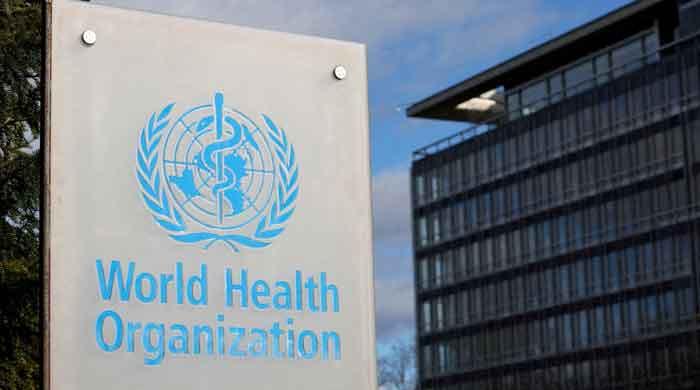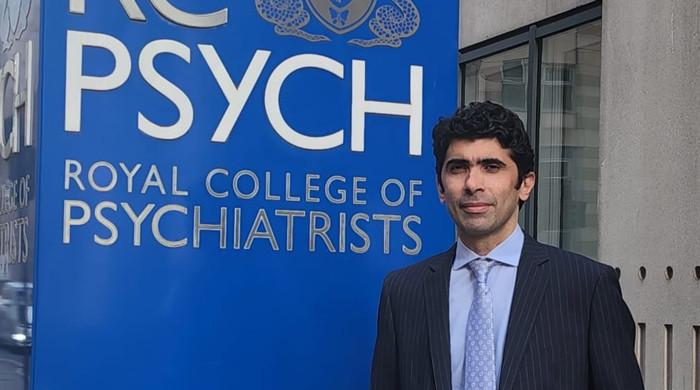'mRNA vaccines may cause myocarditis'
Myocarditis or pericarditis are the two types of heart inflammation conditions that young men develop
May 08, 2023
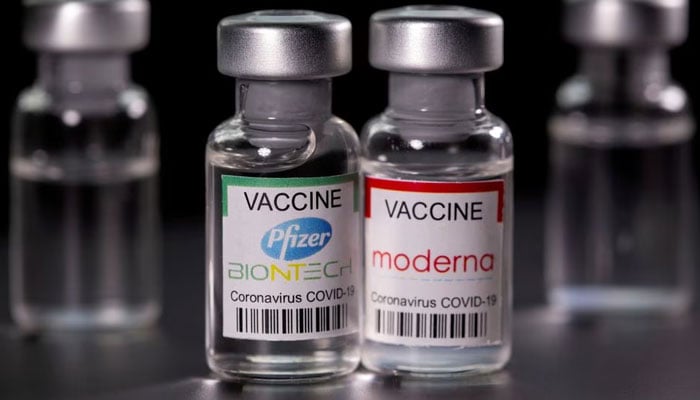
A recent study has revealed that COVID mRNA vaccines that trigger overactive immune responses may be the cause of rare heart inflammation.
The study which was published in Science Immunology was conducted on 23 patients from the ages of 12 to 21. The patients had developed myocarditis as they received the second dose of the Pfizer-BioNTech or Moderna vaccine.
The blood sample analysis from the nine patients who received Pfizer jabs reported higher cytokine levels.
Myocarditis or pericarditis are the two types of heart inflammation conditions that young men develop.
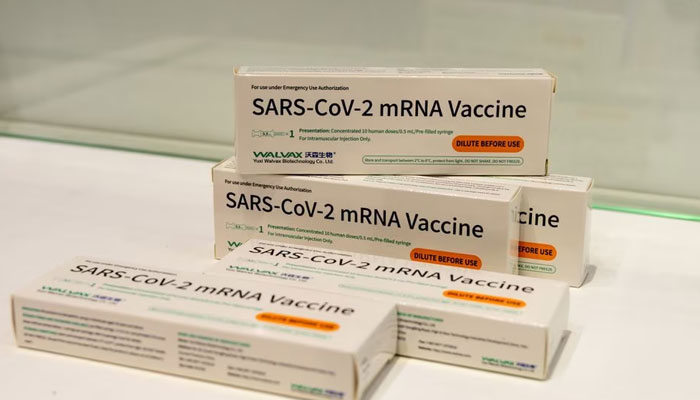
Cytokine coordinates immune responses to pathogens including viruses, microbes, and vaccines.
Unusually high levels of this can spark an increase in white blood cells causing inflammation.
A similar thing happens when some young men develop myocarditis or pericarditis after getting the vaccines.
Senior study author Carrie Lucas, an associate professor of immunobiology at Yale University School of Medicine, said: "It's a little bit of a double-edged sword."
She noted that the vaccinated individuals mount a strong immune response, but that response is also causing "cells to overreact and cause tissue inflammation."
There was no proof of antibodies that target the virus’ spike protein causing heart inflammation.
Another author of the study and Yale’s immunologist Akiko Iwasaki said: “Our findings point to inflammation-induced heart damage and rule out elevated levels of anti-spike antibodies in patients."
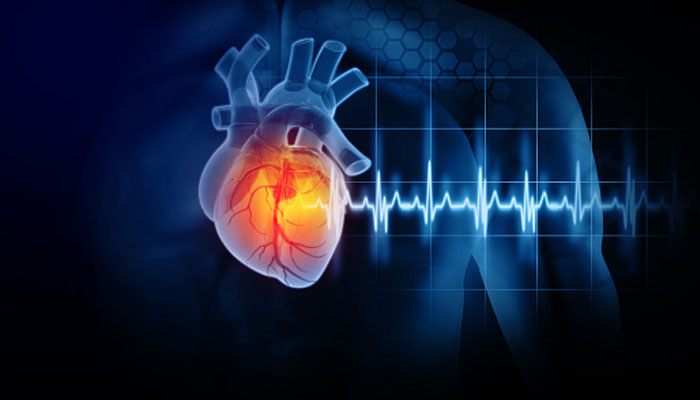
Dr Ofer Levy, the director of the Precision Vaccines Program at Boston Children's Hospital is optimistic about the findings despite the small size of the research.
He noted: The research could provide insight into developing treatments for vaccine-induced myocarditis. There are currently no drugs for the condition, though most people fully recover on their own.
Levy who was not part of the research said: “The better we understand what the vaccine is doing, the better we can build a better mousetrap.”
Dr Leslie Cooper, the chair of the cardiology department at the Mayo Clinic in Rochester, Minnesota, said the findings suggest that one potential treatment for the inflammation could be a drug that targets the body's excess immune response after vaccination.
Heart inflammation by other vaccines
The condition usually occurs in male teens and young adults after the second dose of the COVID, however, these vaccines are not in use as the US Food and Drug Administration switched to the updated bivalent formula.
Iwasaki said that other vaccines and viral infections can also cause myocarditis.
Novavax vaccine receivers also reported myocarditis which does not use mRNA technology and COVID itself is more likely to cause heart inflammation than the vaccine.
While the study helps explain what is driving the inflammation in people who got an mRNA vaccine, a number of questions remain.
Lucas, the senior study author, said the findings don’t explain why the inflammation only appears to affect the heart and not other organs. Nor do they explain why the condition affects men more than women.
The researchers said they hope larger trials will confirm their findings, although they noted that finding more participants could be difficult as the condition is very rare.






